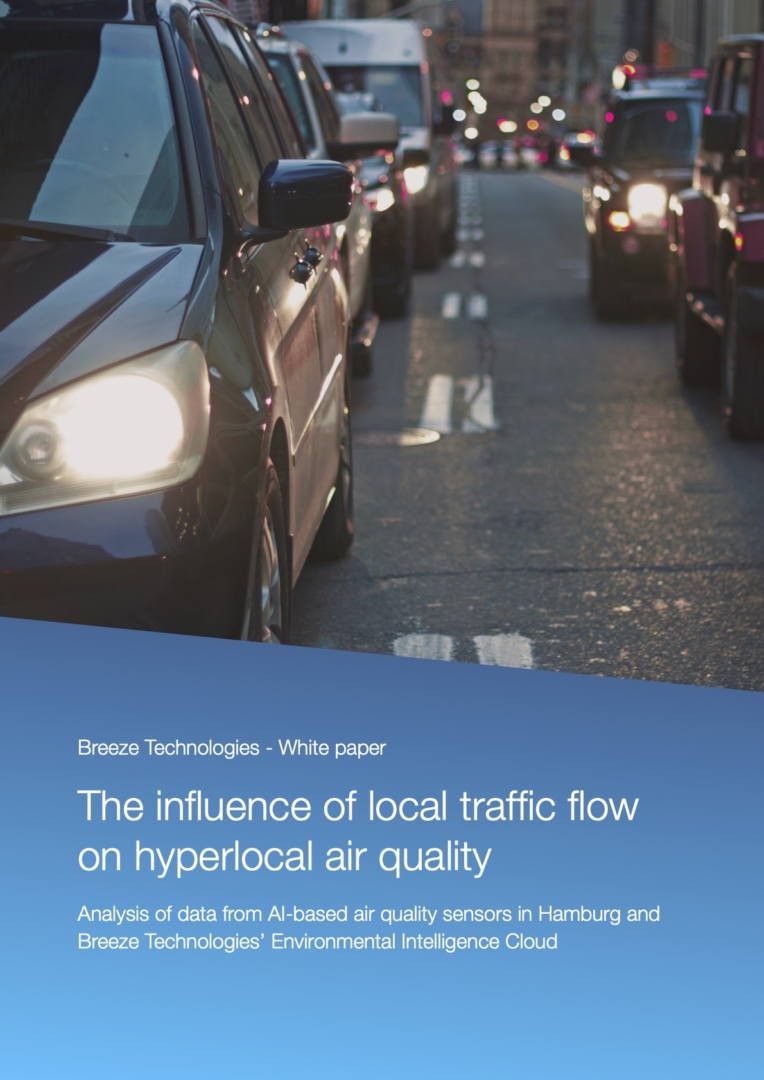During a pilot project in Hamburg-Altona, Breeze Technologies and Microsoft have created the densest air quality monitoring network in the world, based on Breeze’s cloud- and AI-based sensing platform and Microsoft’s Azure Cloud: every 30 seconds, 35 sensors collected data on 14 different hyperlocal air pollution parameters in an area of 14.1 km2 and sent it to a central Environmental Intelligence Cloud. It was the aim of the project to demonstrate the capabilities of Breeze’s technology in the context of a metropolis, and to analyse the impact of local traffic patterns and flows on hyperlocal air quality.
The white paper covers the project’s key findings:
- Cloud-based sensors can be used to monitor air quality in the urban landscape
- Citizens can be involved in air quality monitoring campaigns
- Analysing the impact of traffic on air quality requires hyperlocal air quality measurements
- Clean air actions based on data from dense sensor networks can be more effective

